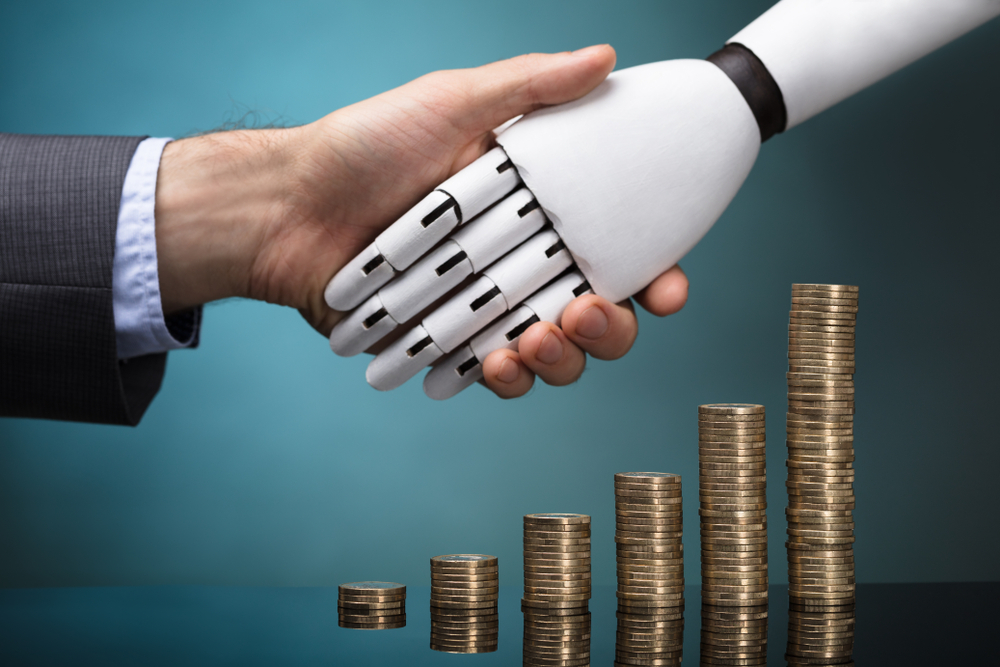Who Says Robots Shouldn’t Help Run the Back Office?
As business becomes increasingly automated and you find your front office includes the likes of R2D2 and Wall-E, don’t disregard the benefits of robotics in the back office as well.
It’s by far best to create comprehensive corporate automation. By equipping the front and back office with technology that eliminates error and increases efficiency, the two work in more perfect tandem.

Some may perceive robots to be the “Big Brother” that will not only steal their personal data, but their jobs as well. However, statistics showcasing the benefits brought to humans via artificial intelligence (AI) and other emerging automated technologies should more than quell this fear.
In fact, oftentimes robots, AI, and automation don’t replace human labor… they simply redefine it.
Take, for example, the restaurant business. It’s one traditionally linked to long hours and tolling tasks. As such, its employees benefit when the industry takes advantage of automation’s ability to better human productivity.
The Wall Street Journal cited that technologies such as these could create between 20-50 million jobs by 2030.
On a similar note, robots cannot always function on their own. Automation requires human ingenuity.
Just ask MIT professor, David A. Mindell.
In a recent interview with Tech Republic, he said technology is “always interacting with the human world in some way or another” and that “the highest expression of the technologies are the ones that work most deeply, fluidly, with human beings.”
The rise of front-facing robotics in hospitality and retail continues to receive no shortage of attention. Thanks to automations like Savioke’s room service robot Relay, Aloft’s Botler, Target’s Tally, and Lowe’s aisle-navigating LoweBot, hotel and retail employees are able to spend more face time with employees.
In an article last year, McKinsey & Company shared their insights on the advantages of back-office automation. The company’s research found that automation could improve employees’ day-to-day work. The firm also pointed to a major financial institution’s findings that automating 35% of financial operations bolsters economic stability.
Overall, the article explained that automation is necessary to fill gaps in the workforce – not rid business of human intelligence.
Concern, McKinsey emphasized, should be focused on the risk to corporate achievement that comes with failing to embrace automation and related technologies.
McKinsey says:
“…being caught flat footed as competitors gain an edge through automation—is a risk that’s not worth taking. Automation at its best can help companies to uncover entirely new ways of executing traditional processes and radically new possibilities for operating more quickly, efficiently, and effectively… the top-quartile companies of tomorrow will be the companies that start the journey today.”
But how do you begin to rid your back office of archaic practices to reap benefits associated with 21st century automation?
In hospitality and retail, employing robotic cash recycling is one option. This solution, pioneered as part of Evention’s Cash Recycling & Reconciliation solution streamlines century-old cash reconciliation practices.
Rising labor costs cause cash to be increasingly expensive to manage. But, implementing back office technology that integrates cash recycling automates cash management. Furthermore, centralizing this process through the web allows accounting and reconciliation processes to be managed via a shared services platform – providing breakthrough control and efficiency.
Today, remaining competitive in the marketplace many times relies on adopting automation. Employing robotics and artificial intelligence are key avenues to automating your workplace.

